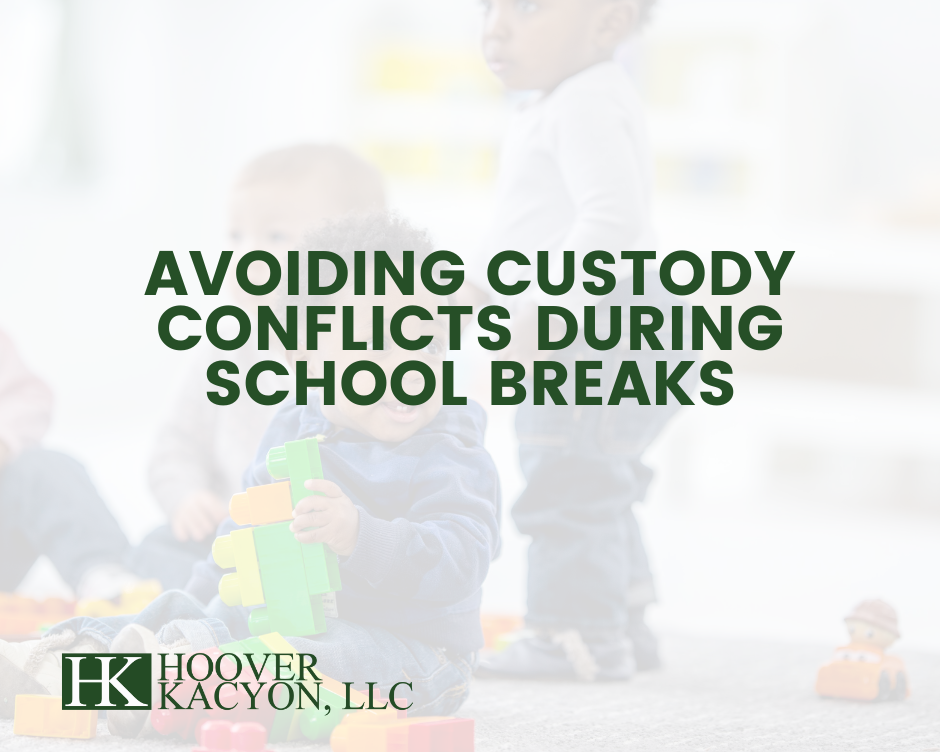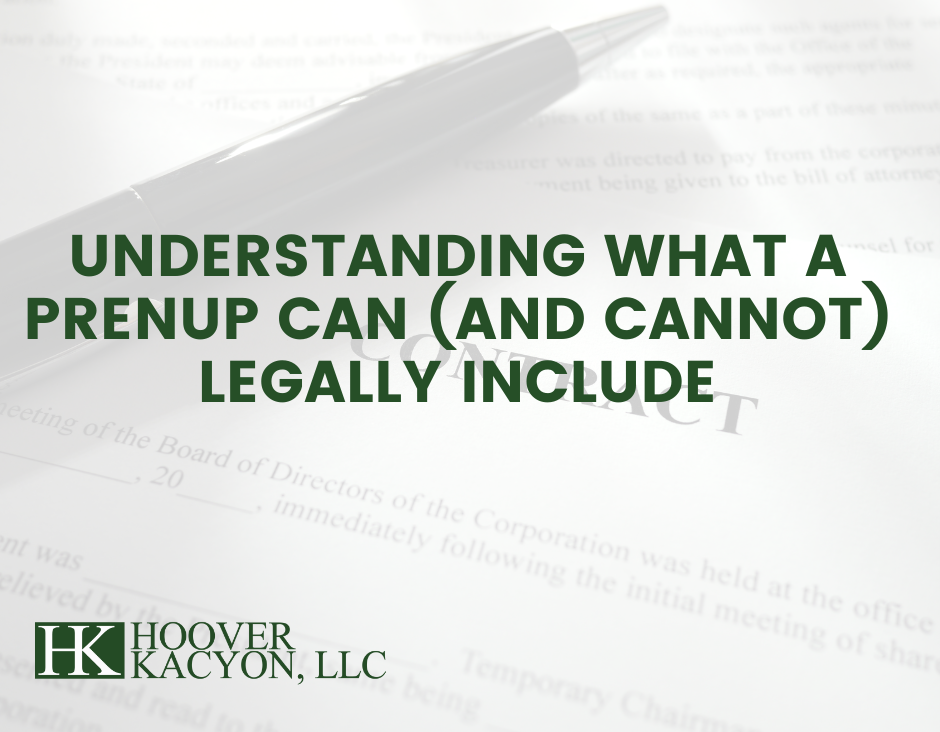
When Do I Need to Change or Revisit My Parenting Agreement?
As family and personal circumstances change, it may be necessary to revisit your parenting plan to better accommodate your situation or your children’s needs. Some examples of when a parenting agreement may need to be modified include:
- Move or relocation
- New job or employment changes, including loss of a job or a change in work schedule
- Remarriage
- Changes that may affect the safety or well-being of the child(ren)
- The current parenting plan is not working or being followed
Perhaps you accepted a new job in a new state, and the issues of visitation and child support payments need addressing. Maybe you were in a car accident and must modify the agreement because you need your ex-partner to take custody of the child(ren) while you focus on healing.
As with the original agreement, if you and your ex-partner cannot agree on the changes to the agreement, then a petition will need to be filed with the court to modify the agreement. In addition, a hearing will need to be set so each party can provide evidence as to why the agreement should or should not be changed. If the children are old enough, the Court may interview them to ensure that any modifications are in their best interest. The judge will then make a ruling, and the court will enter a new order.
Although a formal hearing may not be required, changes to parenting agreements need to be documented in writing. You will likely want to contact an attorney to ensure the changes to your agreement contain the proper language and provisions necessary to cover the circumstances. Any changes to the agreement will need to be approved by the Courts and legally incorporated into the original agreement.
If you feel you need to have your parenting agreement modified, you should talk to an attorney, ideally the one who helped draft the initial parenting plan. Your attorney can advise you as to the best course of action to achieve the most favorable outcome for everyone involved.
The lawyers at Hoover Kacyon, LLC., are dedicated to supporting our clients. We deliver the highest quality legal representation from a team of professionals while also providing excellent customer service. Call us at
330-922-4491 or
contact us online to make an appointment.
Recent Post






You Might Also Like






You Might Also Like










You Might Also Like













